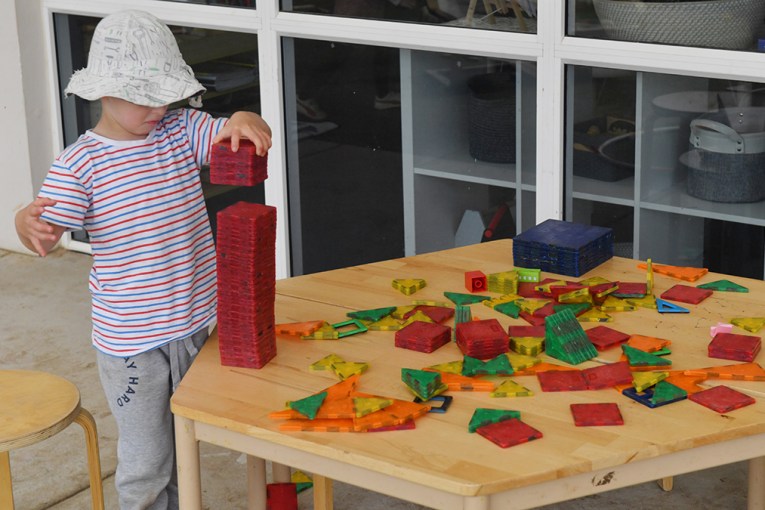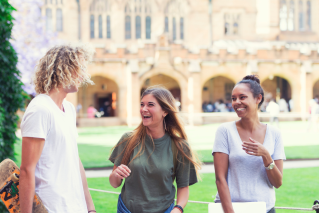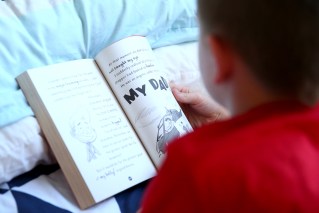Hoping to smash your end-of-year exams? Stop cramming


A little late for prayer. Hopefully some strategic studying will get this chap through. Photo: Getty
Hello to all those young, and not so young, people battling it out with end-of-year exams.
Shana Carpenter has some advice for you: by combining two well-proven strategies – spacing and retrieval practice – you’re more likely to have success.
Dr Carpenter, a professor in cognitive psychology at Iowa State University, is the lead author of a new paper that examines more than 100 years of research on learning.
“The benefits of spacing and retrieval practice have been confirmed over and over in studies in labs, classrooms, workplaces, but the reason why we’re showcasing this research is because these two techniques haven’t fully caught on,” she said.
“If they were utilised all the time, we’d see drastic increases in learning.”
Spacing is a strategy where you learn in small doses over time – and is “the opposite of cramming the night before an exam”.
Dr Carpenter cites a study in which medical students who received repeated surgery training over three weeks performed better and faster on tests two weeks and one year later compared to medical students who had the same training all on one day.
Forgetting is part of learning
The spaces between learning sessions needs to be long enough so you forget some (but not all) of what you’ve been studying.
It’s this forgetting that makes spacing effective.
The idea is that during learning, neurons are activated and form new connections. When you return to studying after taking a break, you’re reactivating those neurons and strengthening those connections.
That’s the theory, anyway
The spacing effects was first described more than a century ago, but we still don’t much about how these breaks help the learning process.
Retrieval practice
Retrieval practice begins when you first start school, or pre-school – withy flashcards.
Then come the more confronting strategies such as the practice test.
Retrieval practice helps learners recognise what they do and don’t know.
Dr Carpenter and colleagues report that people who check their responses for errors or get feedback right away learn even better.
However, there’s some resistance to adopting the strategy, because many students don’t want to be reminded of what they don’t know – and they won’t take on board that forgetting is a key part of learning.
“Forgetting is a very natural thing; you can’t stop forgetting even if you try, but you can slow down forgetting by using retrieval practice and spacing,” said Dr Carpenter.
“Learning how to learn is going to ensure that anywhere you go after the formal education years, you’re going to know how to learn something and be successful.”
A 2019 study, from the University of Arizona, found that failing 15 per cent of the time enhances learning.
If you’re always scoring 100 per cent, you’re probably not learning anything new.
Talk therapy
Getting students to talk about what they’ve learnt can be a powerful and low-stakes way of prompting retrieval.
Dr Carpenter gives the example of an elementary school math teacher whose techniques were highlighted at a recent conference.
A few days after a lesson on fractions, the teacher asked her students to share whatever they could remember about fractions. It was an open-ended and communal activity.
“The more they talked, the more they started to remember, and those kids were excited to talk about fractions,” said Dr Carpenter.







